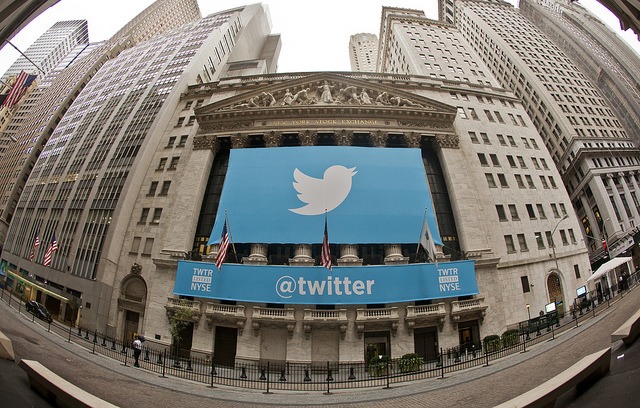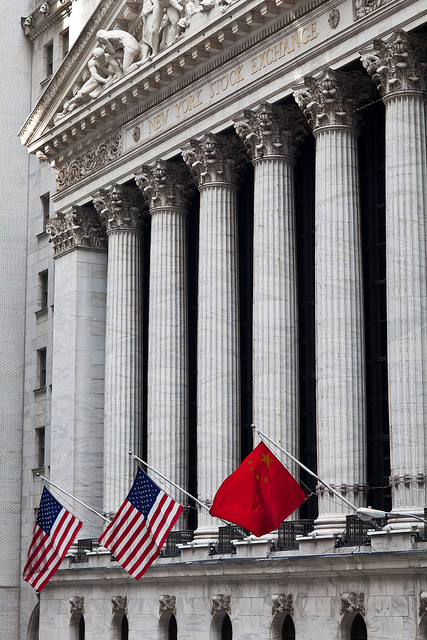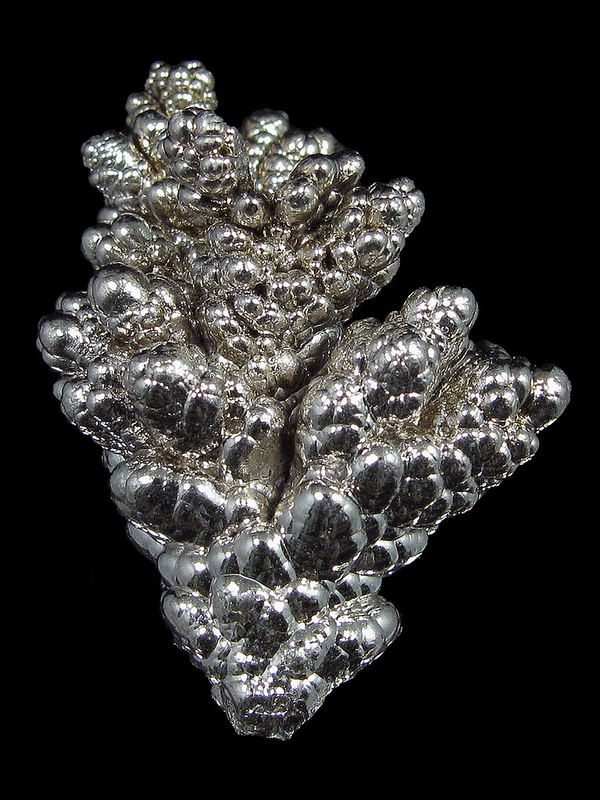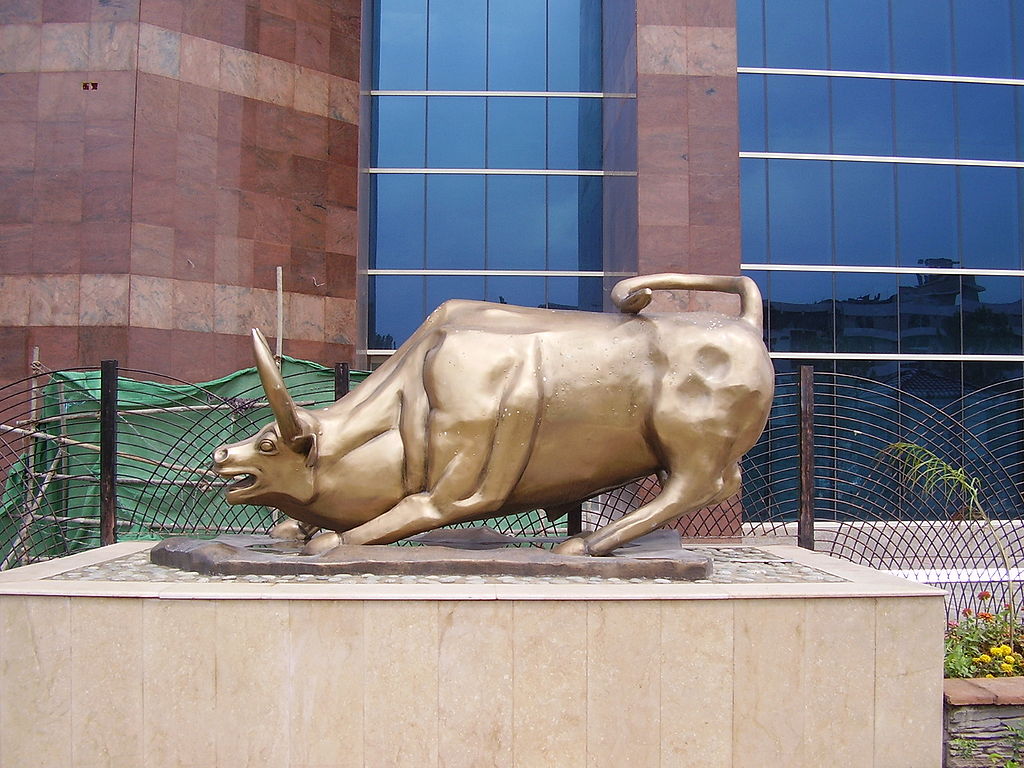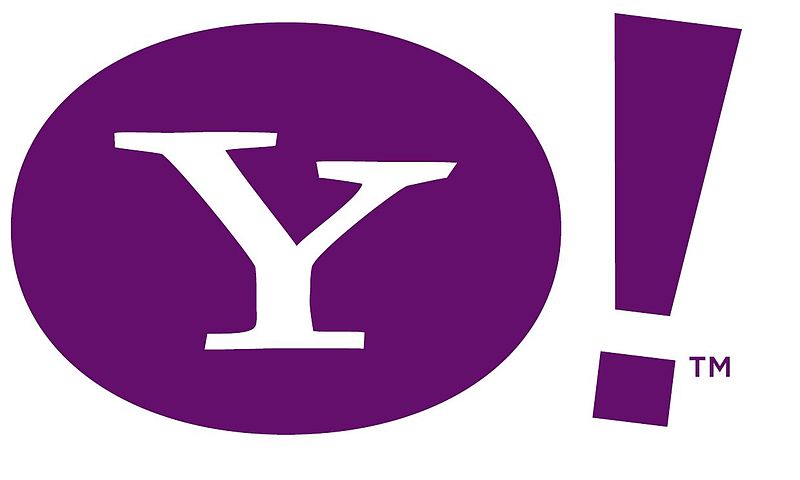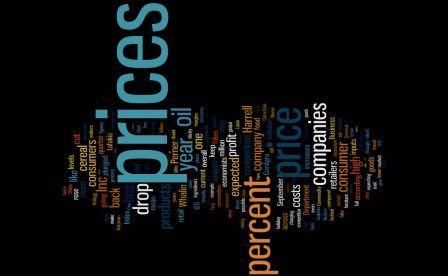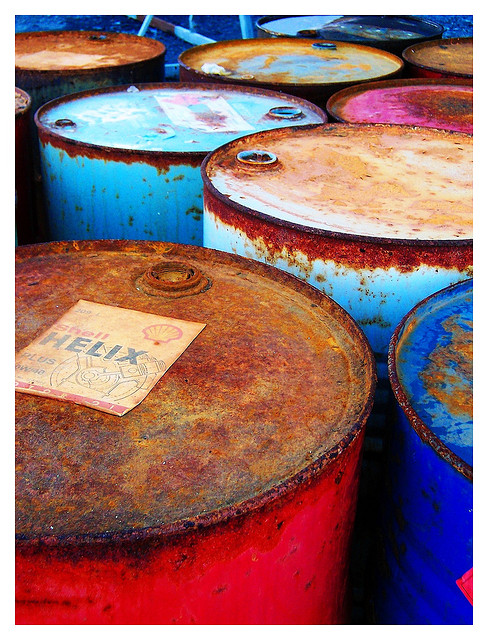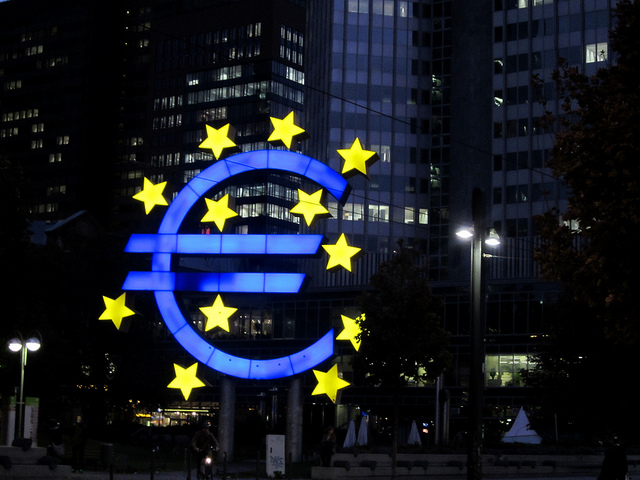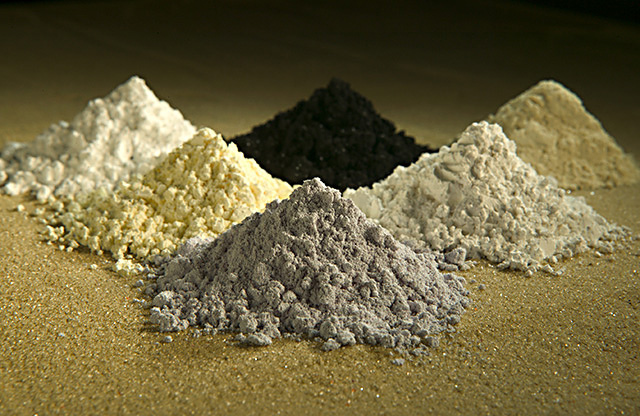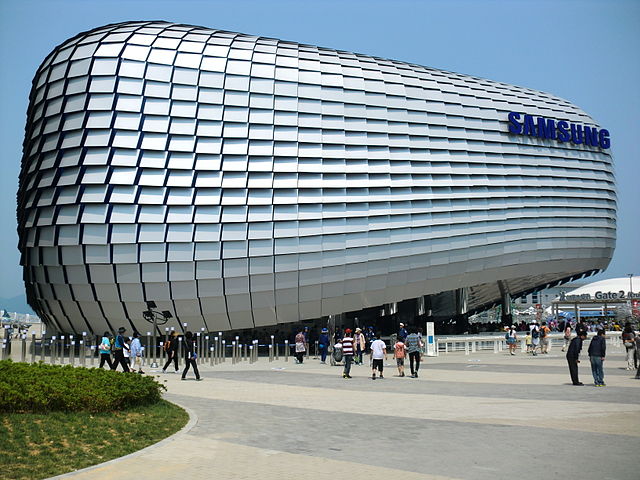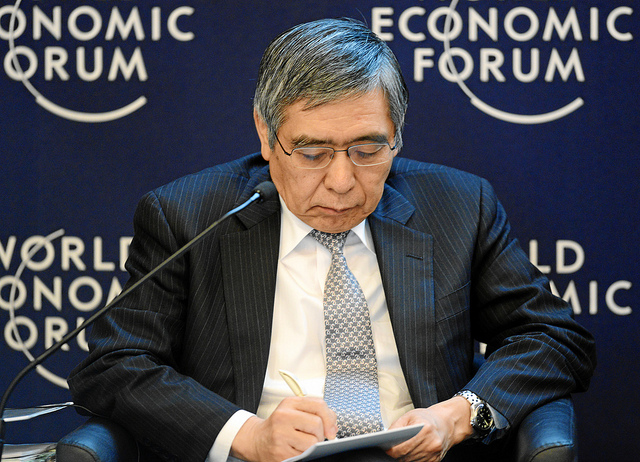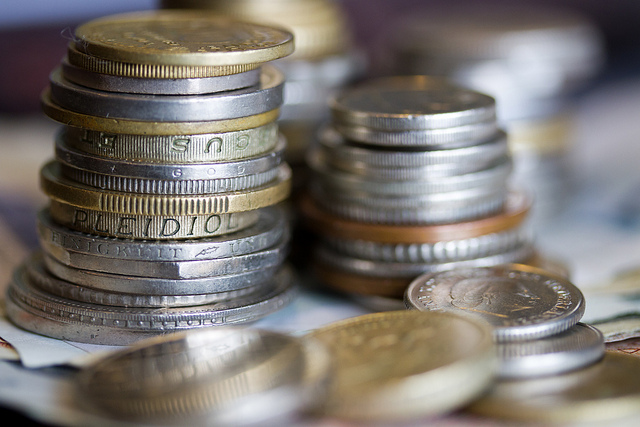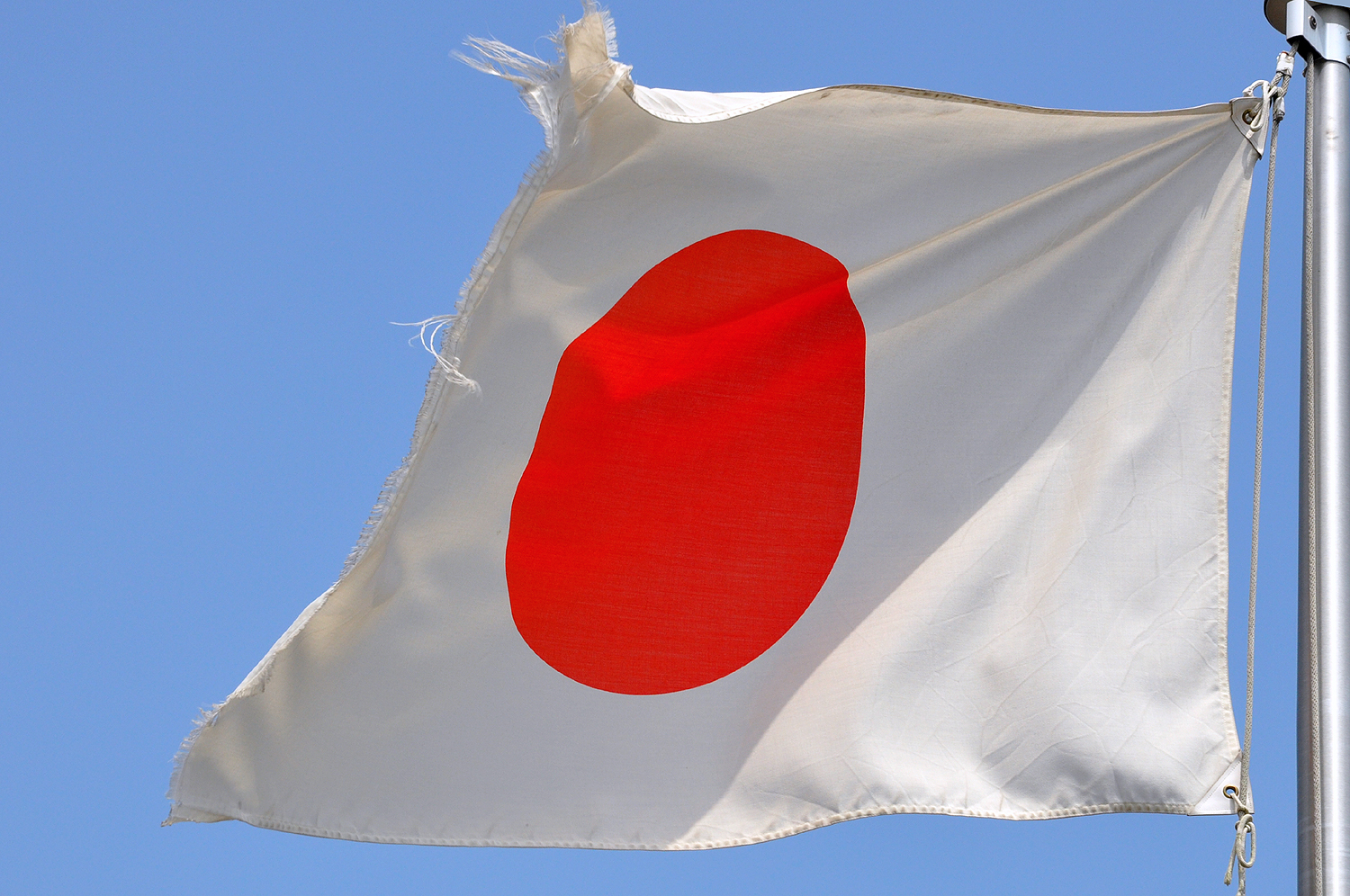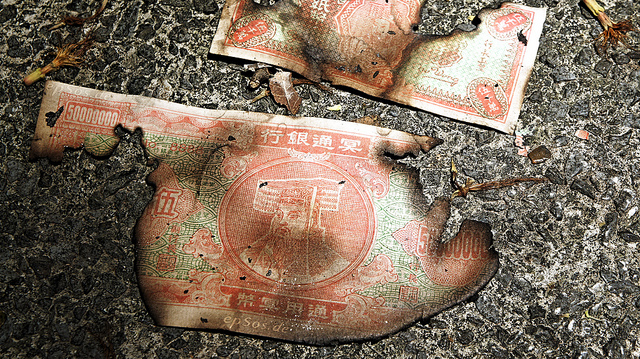It is no secret that financial investments can carry certain risks with them. As any seasoned, or even novice, trader knows, the exciting world of breaking news and economic events brings not only opportunities for profit, but also the risk of failure. At Banc De Binary, we take your safety very seriously and we constantly seek ways to minimise your risk exposure when entering online trades. We are proud to have been the first Binary Options company to have been fully regulated and licensed under CySEC, an innovation that has brought great benefits to the entire sector of Binary Options trading.
Unfortunately, however, not all companies involved in Binary Options and Forex trading provide the same transparency or legal protection as we do, and a recent news story should serve as an example to all traders regarding the importance of researching online brokers extensively to ensure that one is trading with a fully licensed and registered entity.
On 8th January, the Commission de Surveillance du Secteur Financier (CSSF), the regulating authority of Luxembourg’s financial market, published an advisory informing the public that claims made by Forex trading company Bulls Capital Markets regarding their license with them were fictitious. Forex Magnates reports in an article that the company’s website stated that “Bulls Capital Markets is registered and licensed in the country of Luxembourg. The registration number is F2589754 and the category F2 license number is 179065.” The CSSF however, has outright rejected the claim saying that “Bulls Capital Markets has not been granted the required authorisation to offer banking and financial services in or from Luxembourg and is therefore not supervised by the CSSF.”
The details of the registration and licensing numbers that Bulls Capital Markets was offering on their website certainly made their claims seem creditable, and even we were surprised to learn that they were not true. The point here, however, is not to make a scapegoat of the company in question, but rather to offer a cautionary tale: no statement on any broker’s website should ever suffice as guarantee of legality. Always make sure to do your own research and look well into a company’s status before opening your wallet and handing your hard-earned money to it.
Since the release of the public notice by CSSF last Wednesday, Bulls Market Capitals has apparently made some changes to its “Regulation and License” page, which now states that “Bulls Capital Markets registered by the Capital Market Investment at New Zealand under the registration The Financial Service Providers Register (FSPR).” The company, which now offers its registration number in New Zealand, has kept its claim that it was begun in the USA in 2009, and says that “with the changes in the laws and regulations in the USA a few years back, Money and Capital Markets transformed itself as Bulls Capital Markets and moved out of USA into Luxumbourg in order to better serve its growing client base.” No mention of New Zealand is made in this segment of the page, nor is the relationship between their activities in the three geographic areas (namely the U.S.A., Luxembourg, and New Zealand) explained any further, which seems greatly puzzling.
Stories like this one, naturally, create a certain amount of concern within the industry as traders check to make sure their investments are in safe hands, but they also bring some positive results for licensed brokers. As far as we are concerned, the vetting of licenses and brokers can only confirm our reputation as the industry leader and assure our traders that their investment lies in safe hands.

